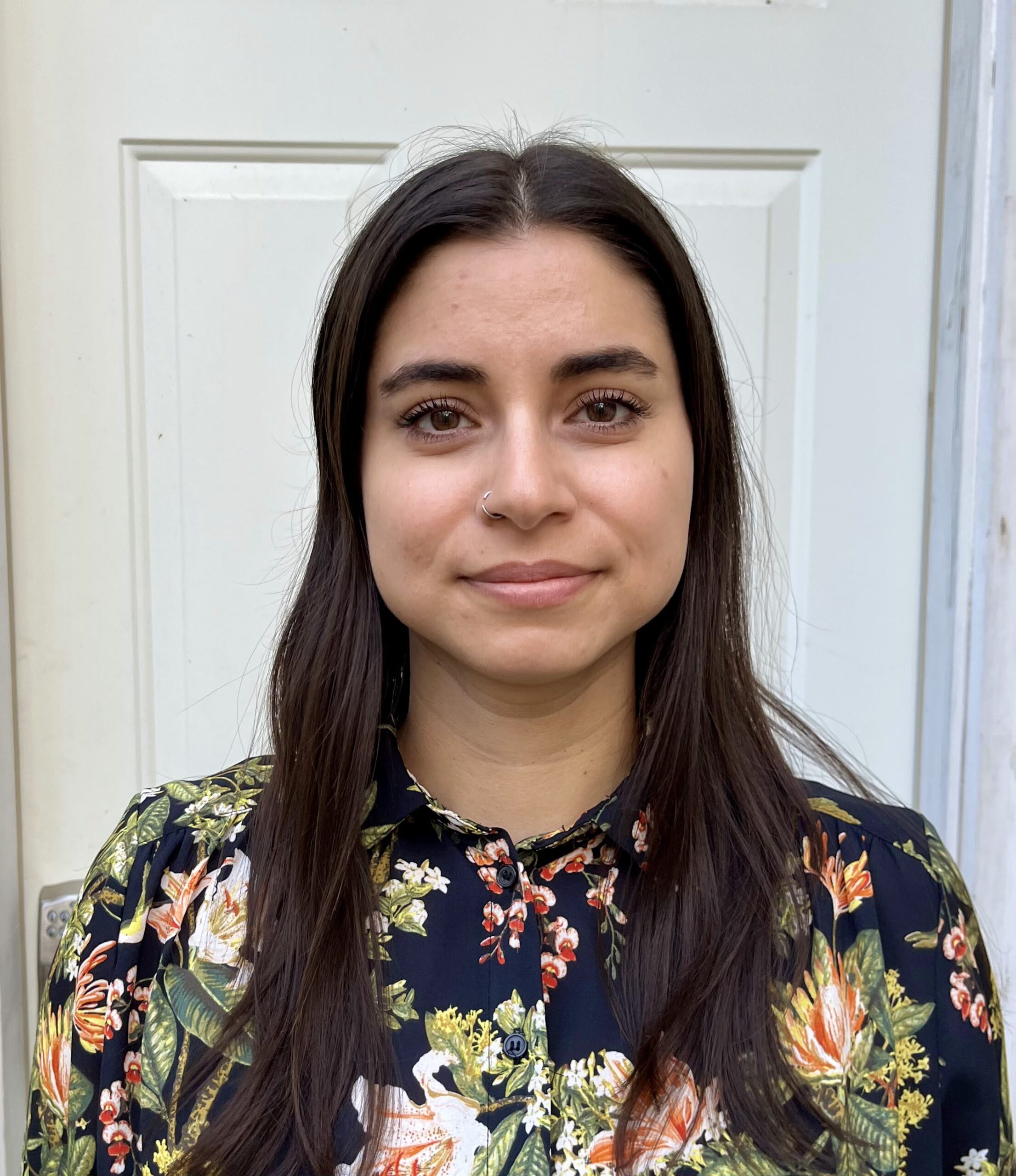Natalie Kiran Sridhar
The therapist paragon, or the ideal psychotherapist, can be thought of as the therapist setting their own personhood aside to focus on the client. The idea is that the therapeutic space is all about the client and therefore, the therapist should not self-disclose. The therapeutic space thus remains yet another aspect of life where agent identities remain invisible and therapists of agent rank, can pretend, or attempt to, that their identity does not affect their life. Of course, in the real world agent and target identities absolutely impact dynamics. Could the lack of therapist disclosure actually lead to more harm, especially in therapeutic dyads without matching agent-target ranks?
Let us consider how the therapist paragon could actually be a tool of coloniality to discourage exploration of issues of non-dominant or target identities, racial and otherwise, and could actually promote the invisibility of whiteness. Thinking of the history of psychology, it was white-cis-heterosexual men who first set the “bar” of the paragon therapist. Surely, their perception of their identities as normative have led to the incorrect conclusion that psychotherapists must, and can, leave their identities at the door. The therapist paragon, white fragility, and fear of saying the “wrong thing” may lead to therapists avoiding discussing issues of race, intersectionality, privilege, and oppression, which has the potential of being more harmful, especially for clients of target ranks. For instance, the unaware, or selectively aware, therapist could apply culturally inappropriate interventions or make the client feel unseen and isolated in what is supposed to be a space of healing and growth.
While examining the therapist paragon at a recent DSPAI lab meeting, two articles enriched the discussion. Hoffman examined white privilege and social justice through the lens of existential psychology (2022). Hoffman points out that the existential frame tends to favor individualism over collectivism and this orientation combined with white privilege attitudes can create worse outcomes for clients (2022). Markedly, It is important to consider the appropriateness of the current therapist paragon when applied to collectivist cultures.
Baima and Sude’s study examined what white mental health professionals need to know about whiteness (2019). This led to a discussion around if the therapist paragon is shifting to a model where white therapists “do the work” to examine their social privilege. The lab mused about what this means for the clinical space, would the self-examined white therapist still leave their personhood at the door or does this new version of the therapist paragon actually tackle issues related to social privilege and oppression in the room?
The therapist paragon calls for neutrality and objectivity. Such a standard in our colonial world is impossible. Nothing is neutral: not western-Christian values nor whiteness. This rich discussion has DSPAI believing that it is time to do away with the therapist paragon as it currently stands and move towards bringing social conferred power dynamics into the light with the hopes of challenging the coloniality that poisons us all.
References
Hoffman, L. (2022). White Privilege, Social Justice, and Existential Psychology. Journal of Constructivist Psychology, 1–14. https://doi.org/10.1080/10720537.2022.2068705
Baima, T. & Sude, M.E., (2019) What white mental health professionals need to understand about whiteness: A Delphe Study. Journal of Marital and Family Therapy. 46(1). 62-80. doi: 10.1111/jmft.12385
Photo by Christina @ wocintechchat.com on Unsplash

Natalie Kiran Sridhar (she/her)
Natalie Kiran Sridhar is a first year doctoral student in Antioch’s Clinical Psychology program who joined DSPAI in 2023. Growing up as a mixed-raced individual, Natalie has gotten to see and experience how issues around coloniality, social privilege, and oppression can have extremely varied impacts on individuals and communities. She is passionate about pushing the field of psychology to be more self-reflective and inclusive. Natalie is particularly interested in issues related to identity, community healing, acculturation, and reclaiming what has been lost due to colonial forces. She looks forward to growing and learning with DSPAI.